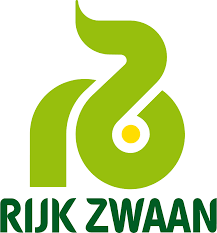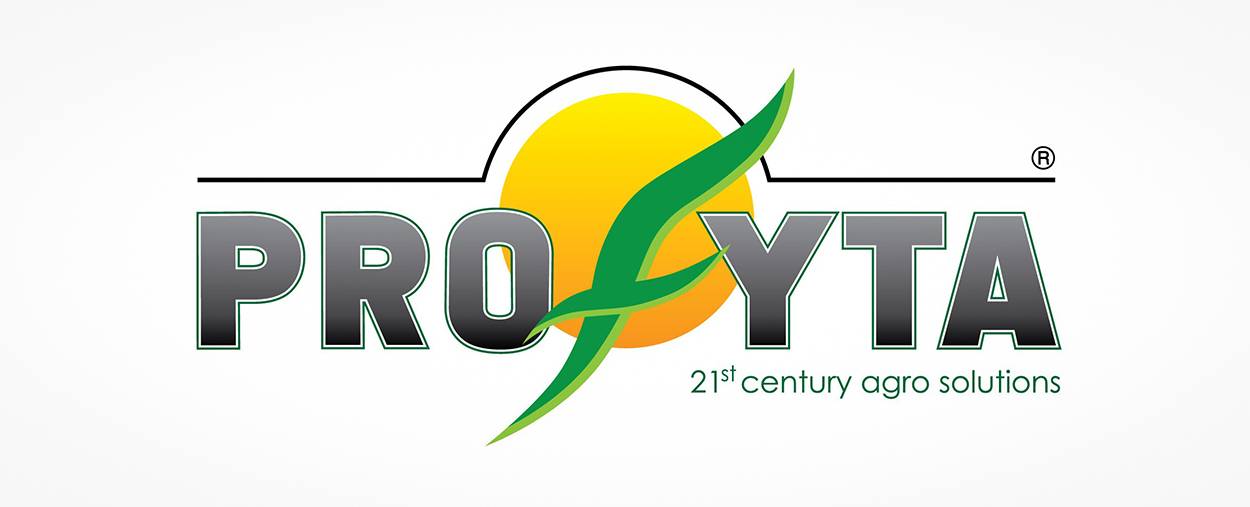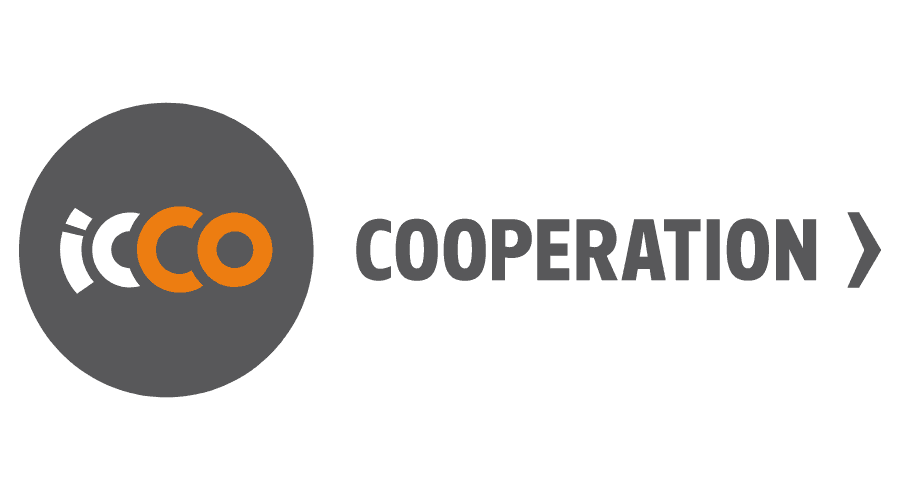Seed2feed started as an initiative in Westland, The Netherlands, and was triggered by the idea that Dutch agri-food expertise could be used more effectively in the global efforts to deal with the world food challenge. The initiative resulted in a three-day conference in 2013 in Delft, hosted by Rabobank and attended by some 300 participants with contributions of speakers from both the African continent and The Netherlands.
The conference inspired a number of Dutch entrepreneurs to start up projects for food production and building food chains in Africa, Asia, and Latin America. The results from 8 of these projects were presented some two years later in a follow-up conference in Berkel, The Netherlands.
In 2017 it seemed the right moment to take the idea to the next level by creating a separate organization: The Seed2Feed foundation was born, and from that moment on a team of likeminded food and finance professionals joined forces in their efforts to help reduce the world food challenge by initiating projects, bringing parties together and providing financial solutions in order to make it happen.
Since then Seed2Feed has organized conferences and workshops, both physical and digital/hybrid about how Dutch horticulture industry can assist in horticulture development internationally. Experts provided various roles in agricultural value chain development projects both in project initiating and coordination, as experts in business development, investment processes, and in providing financial solutions. In addition, Seed2Feed was an assigning party in a number of academic student assignments addressing a.o. greenhouse construction, vegetable value chain development, technical innovations, market research, sustainable energy solutions, digital services, and access to finance solutions.
Currently, Seed2Feed is mainly involved in projects for setting up demonstration and training centers in Africa, providing training on horticulture and agribusiness, and coaching students in student assignments and internships related to African horticulture value chain challenges.






























